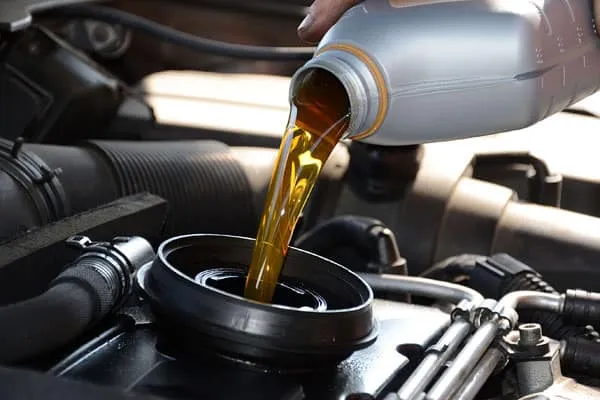
Introduction
Regular oil changes are essential for maintaining the health and performance of your vehicle’s engine. When visiting a Hyundai dealership for an oil change, it’s important to understand the process and ensure you’re receiving the necessary services for your vehicle’s needs. Knowing what questions to ask during an oil change can help you make informed decisions and ensure your vehicle receives proper care to get hyundai dealership.
Oil Change Basics
Oil changes play a vital role in keeping your engine running smoothly. Beyond just lubricating engine components, oil also helps to cool engine parts and remove contaminants that can build up over time. It’s recommended to follow manufacturer guidelines for oil change intervals, although factors such as driving habits and environmental conditions may influence the frequency of oil changes.
Oil Types and Grades
There are several types of engine oil available, each with its own set of benefits and characteristics. Conventional oil is the traditional choice, while synthetic oil offers superior performance and protection. Synthetic blend oil combines the advantages of both conventional and synthetic oils. Understanding oil viscosity grades is also important, as it determines how well the oil flows at different temperatures and conditions.
Additional Services and Inspections
During an oil change, it’s not just about replacing the oil itself. It’s also an opportunity to address other maintenance needs and inspect various components of your vehicle. This may include replacing the oil filter and inspecting the air filter, as well as topping up and inspecting other fluids such as coolant, brake fluid, and power steering fluid. A visual inspection of the engine can also help identify any potential issues or leaks that need attention.
Cost and Warranty Coverage
Before agreeing to an oil change service, it’s essential to understand the cost and what is included in the service. This includes not only the price of the oil change itself but also any additional fees or charges that may apply. Additionally, consider any warranty coverage that may be applicable to the service. Many Hyundai vehicles come with manufacturer warranty coverage, and there may also be options for extended warranty coverage for added peace of mind.
In conclusion, when it comes to getting an oil change at a Hyundai dealership, it’s important to ask the right questions and understand the process. Knowing the basics of oil changes, including the different types of oil and recommended intervals, can help you make informed decisions about your vehicle’s maintenance needs. Additionally, taking advantage of additional services and inspections during an oil change can help ensure your vehicle remains in top condition. Finally, understanding the cost of the service and any warranty coverage that applies can help you plan and budget for your vehicle’s maintenance needs effectively.


